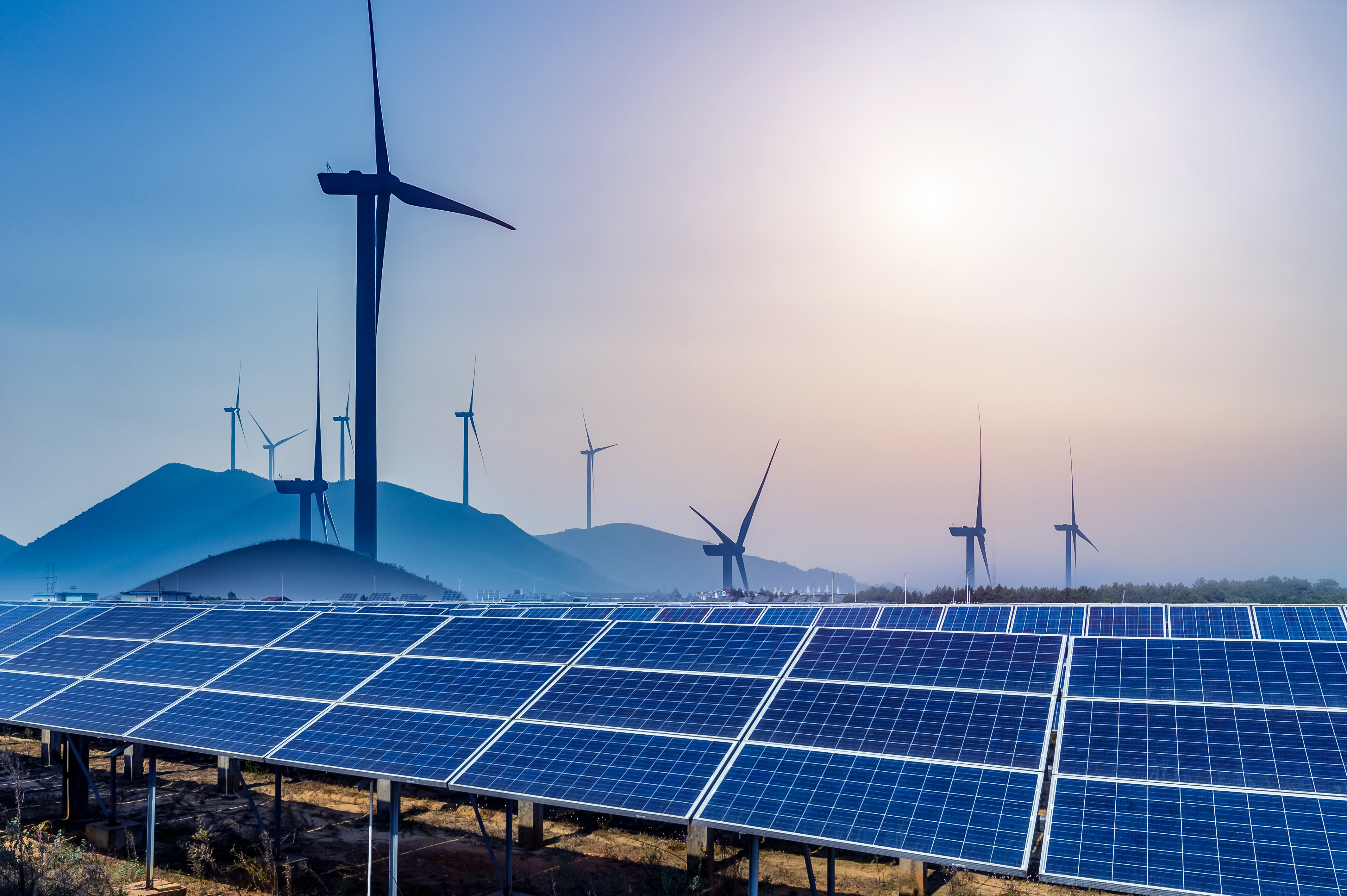The ongoing Russia-Ukraine war is one of the most significant events of 2022. Russia's energy stranglehold on Europe over natural gas resulted in muted support by many countries for Ukraine. It is evident from this incident that energy transition is imperative to the energy security, stability of prices and reducing reliance on imports to a country.
The International Renewable Energy Agency (IRENA) had recently released the "World Energy Transitions Outlook 2022: 1.5°C Pathway" report, positioning renewables, energy efficiency, electrification, use of hydrogen, and carbon capture and storage of fossil fuels and bioenergy as six vital technological avenues for energy transition.
On top of energy efficiency, renewable energy and electrification, the influence of policies is vitalThe report opined that energy efficiency, renewable energy and electrification account for 70% of the total carbon reduction potential of the six major technological avenues to 2050. Hence, these could be the paramount initiatives for countries to promote energy transformation. In fact, over the years, renewable energy has become the cheapest energy option in many countries, at a price even below the lowest levels of traditional fossil fuels. To achieve decarbonisation of end-use energy, from phasing out burning fossil fuels to electrification, to the use of green hydrogen in future, would be the rite of passage for energy transition shifting towards the use of zero-carbon renewable energy as power generation fuel.
Over and above providing clear technical pathways, the "World Energy Transitions Outlook 2022: 1.5°C Pathway" report also sets out mid-term milestones and priorities for 2030 to facilitate the review of the implementation progress of global energy transition. Unfortunately, by any measure, the energy transition is far from being on track for net-zero by 2050. What are the priorities for the 2030 mid-term targets? For a start, resolutely replacing coal power with clean electricity is vital! While the recent "gas cut" (natural gas) crisis in Europe have resulted in a slowdown phasing out coal, there is still a chance of reducing heavy reliance on coal if the research and development of new technologies (such as green hydrogen steelmaking) is reinforced.
Besides anticipating technological breakthroughs, many market measures such as removing inappropriate subsidies for fossil fuels, implementing carbon pricing, among others, can also help to reduce use of fossil fuels. The Carbon Border Adjustment Mechanism (CBAM) launched by the European Union last year has sparked global manufacturers and international supply chains, spurring enterprises to think about how to save energy and reduce carbon, which in turn brought about a significantly increase in carbon footprint verification and related demand. The 2050 carbon reduction target can be achieved through energy efficiency, renewables, electrification, use of hydrogen, and carbon capture and storage of fossil fuels and bioenergy.
The 2050 carbon reduction target can be achieved through energy efficiency, renewables, electrification, use of hydrogen, and carbon capture and storage of fossil fuels and bioenergy.
Accelerate the construction of green infrastructure, bid adieu to coal in 2030Green infrastructure is another important topic. Regardless it is the promotion of renewable energy, electric vehicles or hydrogen energy, the existing centralized power grid and traditional transmission and distribution networks must be substantially refurbished, upgraded, or even overhauled in order to boost the intelligence, resilience and response speed of the energy system. IRENA estimates that in order to be back on track for the 2050 net zero target, green hydrogen produced from renewable energy must gradually become mainstream by 2030, while use of biofuels will also have to grow three times faster, and most of the new vehicles sold have to be electric vehicles. Until then, the relevant infrastructure has to be prepared.
IRENA also used socio-economic analysis to point out that there are two ways to promote energy transition, that is, international cooperation and distributional policy. Governments might wish to consider international cooperation should the energy poverty of disadvantaged groups be exacerbated by intense dissent on carbon pricing or fears that this very action would further aggravate energy prices.
The challenge of being net-zero by 2050 is looming, and humankind has less than 30 years to tackle the climate crisis. We can neither hope for a perfect and innovative solution for all issues nor can we be in a delusion that the carbon dioxide will disappear in an instant. It is worthwhile mulling over the pertinent suggestions raised in the "World Energy Transitions Outlook 2022: 1.5°C Pathway" report on how to emerge from the energy transition entanglement and avoid pitfalls.

















